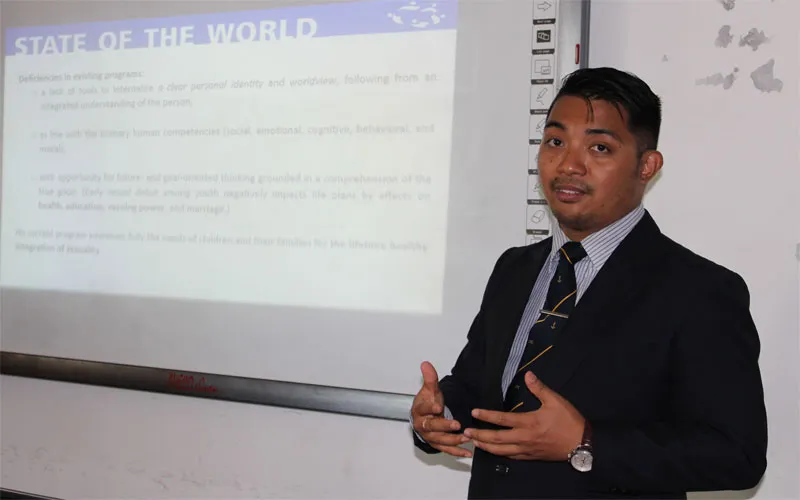Nairobi, 12 November, 2019 / 2:05 am (ACI Africa).
In an effort to counter some of the agenda guiding the planned ICPD25, the Nairobi Summit organized to commemorate 25 years since the last International Conference on Population and Development (ICPD), a global youth movement is advocating for a Human-Dignity based Curriculum (HDC) instead of Comprehensive Sexuality Education (CSE), the latter among the themes of ICPD25.
“One of the main objectives of this curriculum (HDC) is (not just) to offer an alternative to CSE but a much greater goal for that is to really instill an understanding of who they are, who they can become and on to behavioral changes,” the President of the World Youth Alliance (WYA), Lord Leomer Pomperada told ACI Africa Monday, November 11 referencing school children as beneficiaries of HDC.
“We saw this (CSE) was something very problematic, something that we needed to propose an alternative,” Pomperada said and disclosed, “We worked with our partners and schools to develop this curriculum (HDC) so that many governments and other countries, we do not just tell them CSE is bad but we tell them it's bad but we have a solution for you.”
The criticism against CSE is consistent with the expressions of the Holy See about ICPD25, the latter having described CSE as one of the “controversial and divisive issues” of the Nairobi Summit.
Rather than expend time on the so-called reproductive rights, the Holy See expected the organizers of the Nairobi Summit to focus on more critical issues that include seeking to restore the dignity of women and children in the face of poverty, migration, promoting the culture of peace, among others.








